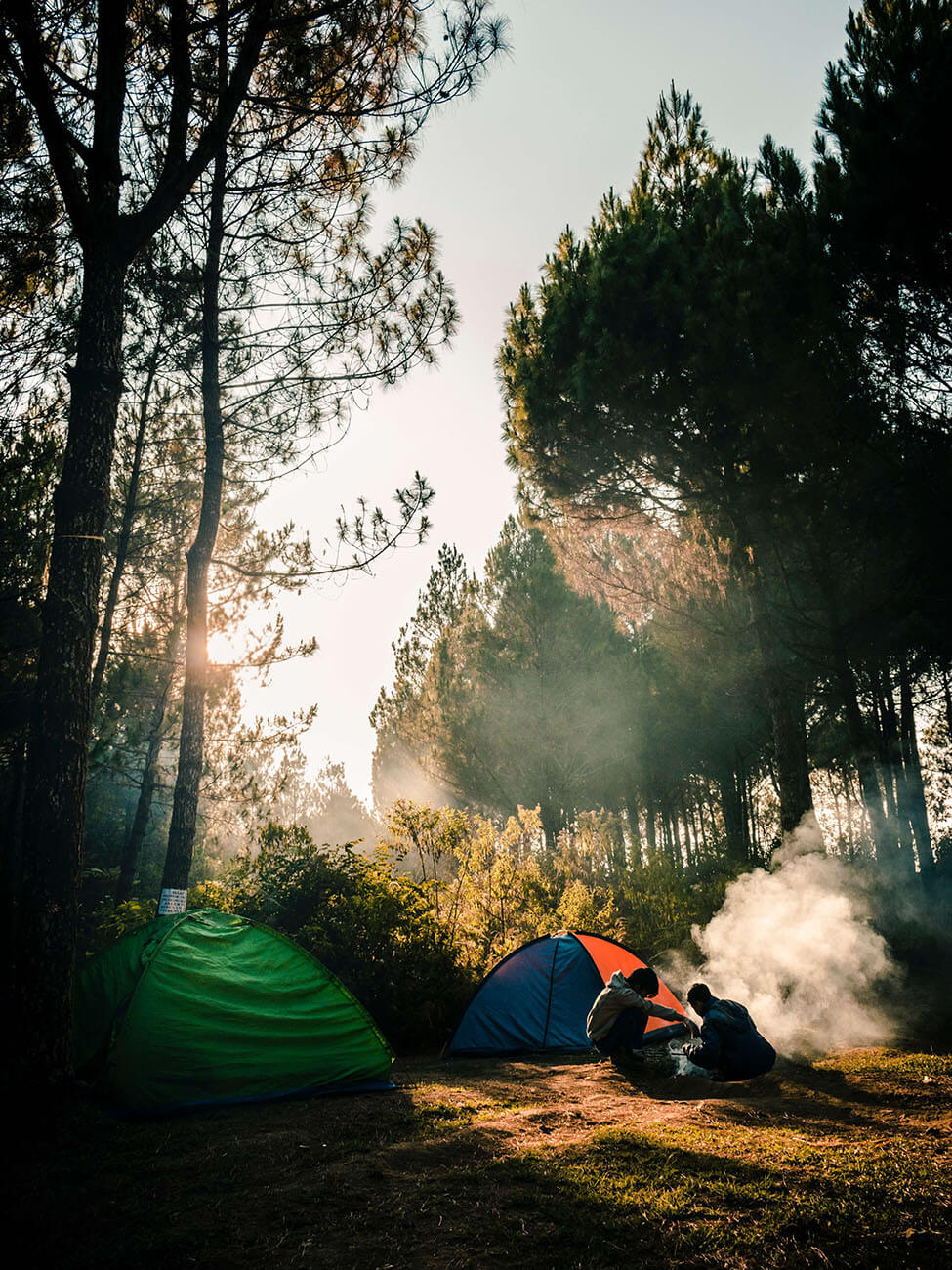

It's potentially lethal…and it's definitely not a game.
Carbon monoxide (CO) is the Silent Killer: an incredibly poisonous gas that you can't smell, taste, see or hear.
It's produced when any fossil fuel like coal, wood, oil or natural gas doesn't burn properly.
Find out more about the risks, symptoms and how you can stay safe below.

There are several gas appliances that can cause carbon monoxide leaks, these include:
Carbon monoxide can also be produced as a by-product of burning solid fuels like coal, wood or petrol. This means that charcoal fires, running cars and cigarette smoke are all common producers of carbon monoxide. Here are some examples of carbon monoxide in every day life:
Breathing carbon monoxide in can make you unwell, and it can kill you if you're exposed to high levels.
Carbon monoxide poisoning kills around 40 people a year in Britain and hospitalises many more.
Even low levels of exposure, over an extended period, can cause serious health issues, including brain injuries.

If you experience any of these symptoms and they can't be explained by any other reason, such as another illness you're already aware of, or you immediately feel better when leaving the property, there's a chance you've been or are being exposed to carbon monoxide.
Symptoms of carbon monoxide poisoning can be similar to those of food poisoning and the flu. However, unlike the flu, carbon monoxide poisoning does not cause a high temperature or fever.


Be aware of the dangers of carbon monoxide poisoning when you are staying in holiday accommodation, on a boat or at a campsite.
Or, better still, get a battery powered carbon monoxide alarm and take it with you to make sure you are not at risk.
If you're camping, or at a festival, never use a BBQ in an enclosed space such as a tent or caravan or under an awning.
And if you are on the water, CO poisoning can occur on boats when emissions from solid fuel stoves, petrol or diesel-powered engines or generators build up in cabins. It's important to ensure they are kept in good condition, checked regularly and are well ventilated.
CO alarms save lives - don't travel without one, so that you make sure you come home safely.

Get yourself an audible carbon monoxide alarm - they can be purchased from DIY stores for £20-£25.
Alarms should usually be fitted around one metre from an appliance at door height, but always follow the manufacturer's instructions on installation. This should be in each room where there's a gas or fossil fuel-burning appliance fitted.
Don't forget to test your Carbon Monoxide alarms regularly and check the expiry dates on your alarms too. If an alarm fails the test or has reached its expiry date, then replace it as soon as possible.
And make sure you get your gas appliances serviced annually - that includes gas boilers, gas cookers and gas water heaters - by a Gas Safe registered engineer.
Also ensure that all your chimneys and flues are regularly cleaned to prevent blockages. This should be undertaken annually by a qualified engineer.
